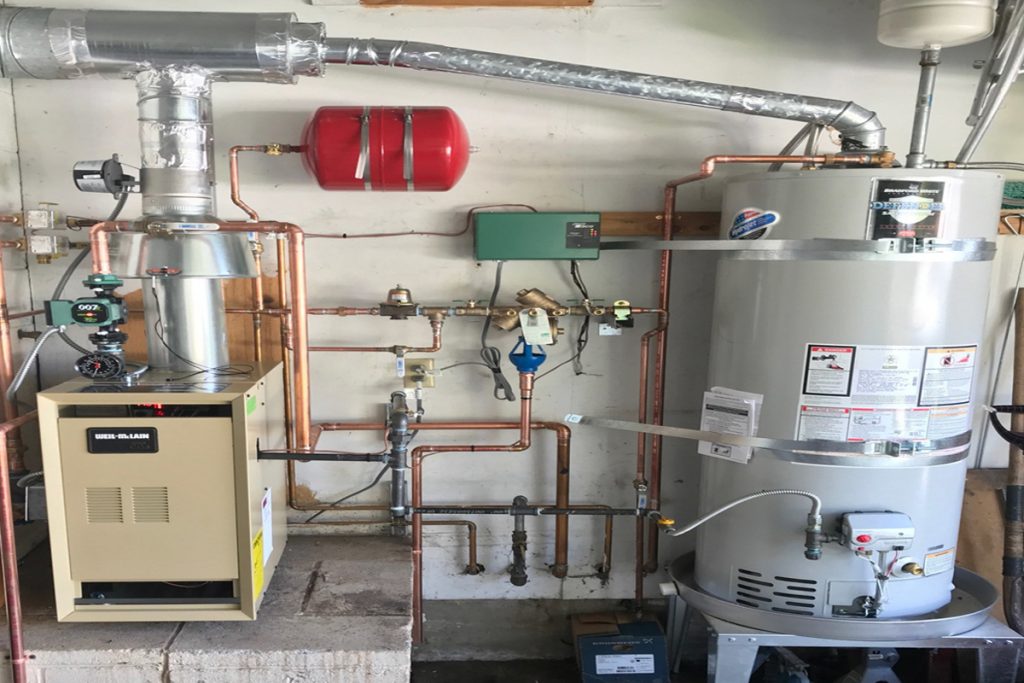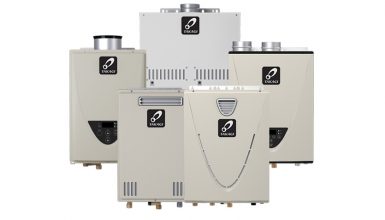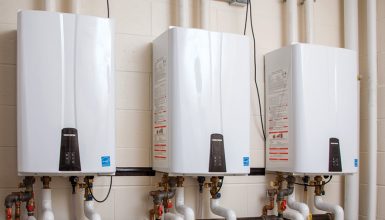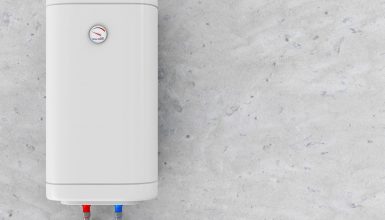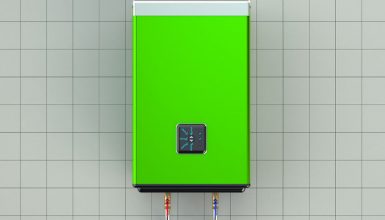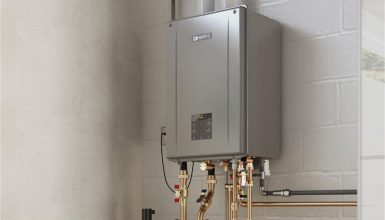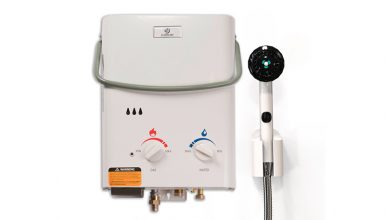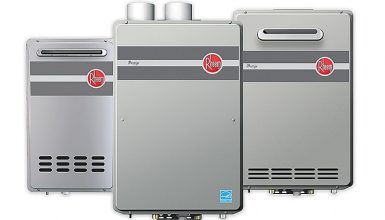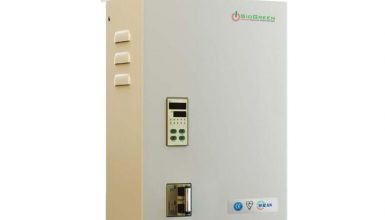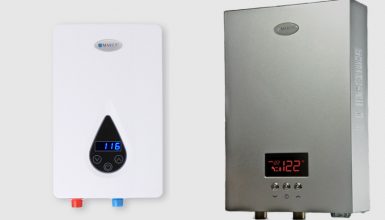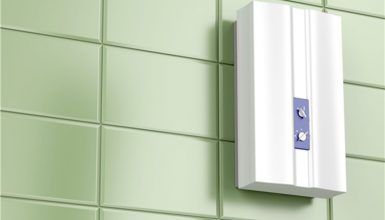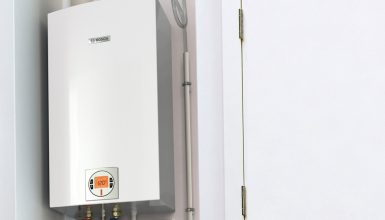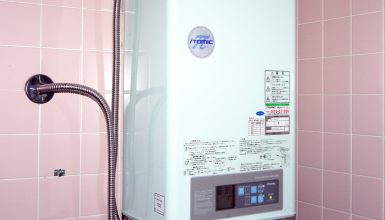Have you ever wondered why indirect water heaters are so expensive than other types? While they may come with a heftier price tag, there are several benefits to using an indirect water heater that make it worth considering for your home.
In this article, we’ll dive into the inner workings of indirect water heaters, explore the benefits they offer, and discuss the cost factors that contribute to their price. We’ll also look at some alternative options for cost-conscious consumers.
What is an indirect water heater?
An indirect water heater is a type of water heater that uses a heat exchanger to transfer heat from a boiler or furnace to the water, rather than heating the water directly. The water is heated indirectly by the boiler or furnace, which is fueled by natural gas, propane, oil, or electricity.
Indirect water heaters are typically connected to a central heating system, and they can be used in combination with a storage tank or tankless water heater to provide hot water to a home.
How indirect water heaters work
Indirect water heaters work by using a heat exchanger to transfer heat from a boiler or furnace to the water. The heat exchanger is a coil of pipes that are placed inside the water heater tank. Hot water from the boiler or furnace is circulated through the heat exchanger, and as it passes through, it heats the water in the tank.
The heated water is then stored in the tank until it is needed. When a hot water tap is turned on, the hot water is drawn from the top of the tank and is replaced with cold water at the bottom. This process is known as convection, and it helps to keep the water in the tank hot and ready for use.
One of the key differences between indirect water heaters and direct water heaters is how they heat the water.
Direct water heaters heat the water directly, using a gas burner or an electric element. Indirect water heaters, on the other hand, rely on the boiler or furnace to heat the water indirectly. It can be more efficient, as it allows the indirect water heater to take advantage of the excess heat produced by the boiler or furnace.
The benefits
There are several benefits to using indirect water heaters in your home.
Efficient
First, indirect water heaters are generally more efficient than direct water heaters. It is because they use the excess heat produced by a boiler or furnace to heat the water, rather than relying on a gas burner or electric element. It means that they can save you money on energy bills, as they require less energy to heat the water.
Longer lifespan
Second, indirect water heaters tend to have a longer lifespan than direct water heaters. This is because they do not experience the same level of wear and tear as direct water heaters, which are constantly heating and reheating the water. Indirect water heaters are also less prone to scale and corrosion, which can damage the heating element in a direct water heater.
Renewable energy sources
Third, indirect water heaters have the potential to be powered by renewable energy sources. For example, you can use a wood pellet boiler or a solar water heater to heat the water in an indirect water heater. It can help reduce your carbon footprint and make your home more environmentally friendly.
The cost factors
There are several cost factors to consider when it comes to indirect water heaters.
Higher upfront cost
First, indirect water heaters tend to have a higher upfront cost than direct water heaters. It is due to the added cost of the heat exchanger and the fact that they are typically larger and more complex than direct water heaters. However, the increased efficiency of indirect water heaters can offset the higher upfront cost over time, as they can save you money on energy bills.
Installation costs
Second, indirect water heaters may require additional installation costs. It is because they are typically connected to a central heating system, which may require the services of a professional HVAC technician. In addition, indirect water heaters may require special venting or piping, which can add to the installation cost.
Long-term cost savings
While they may have a higher upfront cost, they can offer significant cost savings over the long term due to their increased efficiency and longer lifespan. In addition, using an indirect water heater powered by renewable energy sources can further reduce your energy bills and contribute to long-term cost savings.
On average, you can expect to pay between $1,000 and $4,000 for an indirect water heater, although prices can go higher for larger or more advanced models.
Alternative options
If you’re looking for an alternative to an indirect water heater that is more cost-effective, there are several options to consider.
Tankless water heater
Tankless water heaters heat water on demand, rather than storing it in a tank. This means that they do not have the standby energy losses associated with storage tank water heaters, which can make them more efficient. Tankless water heaters are also generally smaller and more compact than storage tank water heaters, which can make them a good choice for small homes or apartments. However, they may not be able to provide enough hot water for homes with high hot water demand.
Hybrid water heater
Hybrid water heaters combine a storage tank with a heat pump, which can make them more efficient than traditional storage tank water heaters. They work by using electricity to move heat from the air or ground to the water, rather than generating heat directly. This can result in significant energy savings, especially in areas with moderate climates.
Solar water heaters
Solar water heaters use energy from the sun to heat the water, which can make them an environmentally friendly and cost-effective option. However, they may not be suitable for all climates, and they may require a backup system for times when there is not enough sun to generate sufficient heat.
Conclusion
Why are indirect water heaters so expensive? It is because the heat exchanger in the tank is larger and more complex than direct water heaters. Even though expensive, they can offer significant cost savings over the long term due to their increased efficiency and longer lifespan.

